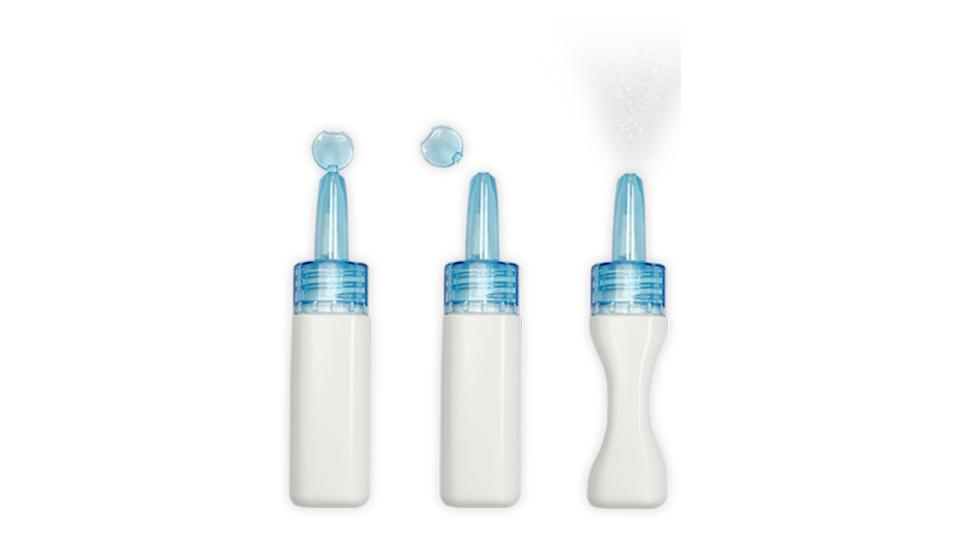FDA turns down Satsuma’s nasal migraine treatment

Manufacturing problems have scuppered Satsuma Pharmaceuticals’ chances of a timely FDA approval for its intranasal migraine therapy STS101.
The drug – a new dry powder intranasal formulation of the well-established migraine therapy dihydroergotamine mesylate (DHE) – was submitted for approval in the US last March as an easy-to-use, portable treatment option for acute migraine attacks, with or without aura, in adult patients.
The US regulator has issued a complete response letter to Satsuma – a subsidiary of Japan’s Shin Nippon Biomedical Laboratories (SNBL) – citing chemistry, manufacturing, and controls (CMC) issues as the main reasons for the rejection.
The setback means that the California-based company has fallen further behind its rivals in the nasal DHE category, including Impel Neuropharma, which got the go-ahead from the FDA for its Trudhesa nasal spray product in 2021, and Bausch Health’s well-established Migranal brand, which has been on the market since the late 1990s.
STS01 and Trudhesa were designed to overcome limitations with Migranal, including variability between people in drug absorption, which means it can take a long time for the drug to start working.
The acute migraine market has also become increasingly crowded with the launch of non-DHE options like Pfizer’s nasally-administered CGRP inhibitor Zavzpret (zavegepant) – added as part of its $11.6 billion takeover of Biohaven in 2022 – plus a series of oral CGRP inhibitors used for acute migraine, including Pfizer’s Nurtec ODT (rimegepant) and AbbVie’s Ubrelvy (ubrogepant).
At one point, analysts were predicting sales of STS101 might reach $400 million a year, but that was before the delays in the programme and the arrival of competing therapies.
Satsuma said it intends to provide potential timing for a resubmission of the marketing application after it has had a meeting with the FDA, stressing that the CRL did not indicate any concerns about the clinical data package for the drug and the FDA did not request any new clinical trials to support its approval.
“We remain committed to working expeditiously with the FDA to complete the review for STS101 as soon as possible,” commented Dr Ryoichi Nagata, president and chief executive of Satsuma, in a prepared statement.
DHE has been used to treat migraine since the 1940s, initially as an intravenous therapy and more recently as subcutaneous and intramuscular injections. The drug has been largely superseded by orally active triptans and latterly CGRPs, although, not all patients respond to them and some find it difficult to swallow pills during an attack.













